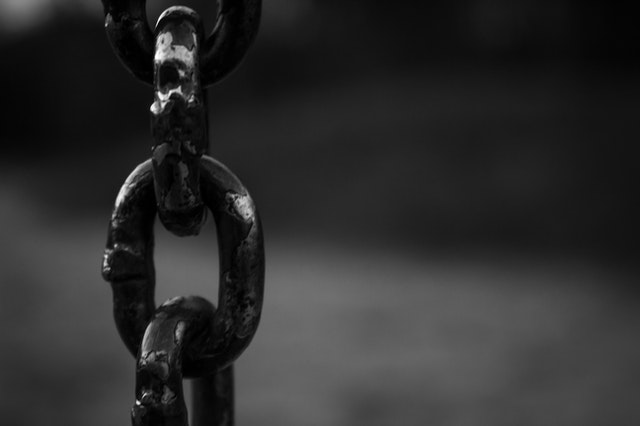
Modern slavery is defined by the charity Anti-Slavery as ‘the severe exploitation of other people for personal or commercial gain’.
Modern slavery is all around us, even in Britain, but often just out of sight. People can become trapped making our clothes, serving our food, picking our crops, working in factories, or working in houses as cooks, cleaners or nannies.
Around 40 million people are estimated to be trapped in modern slavery worldwide. One-quarter of these are children, and 71% are women and girls.
Types of modern slavery:
• human trafficking (from poor to rich countries)
• bonded labour – the most common type where people are forced to work to pay off debt ( for example children breaking stones in quarries in India or Pakistan)
• descent-based slavery (for example born into a slave caste in the Sahel)
• domestic slavery (trapped in a household; low paid; often migrants)
• supply chain slavery (picking fruit and vegetables; mining for cobalt in DR Congo for mobile phones; making garments)
What can be done?
• Governments can pass new laws, such as the UK’s Modern Slavery Act which makes trafficking a crime.
• Businesses can identify risks and call out bad practice
• Workers can be educated about their rights
• Police and agencies can rescue children, and ensure they gain access to education
You can find out more information and how to take action at https://www.antislavery.org/
